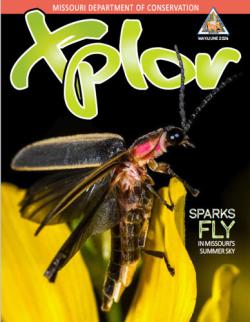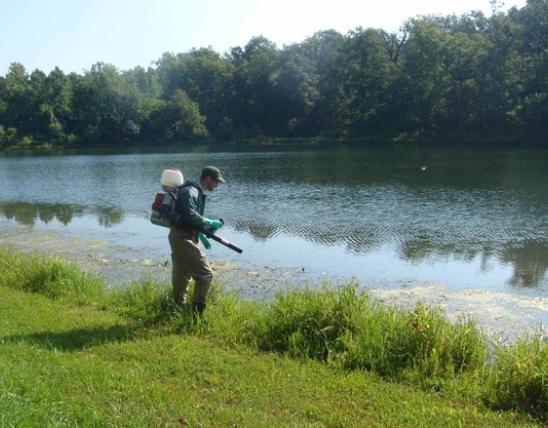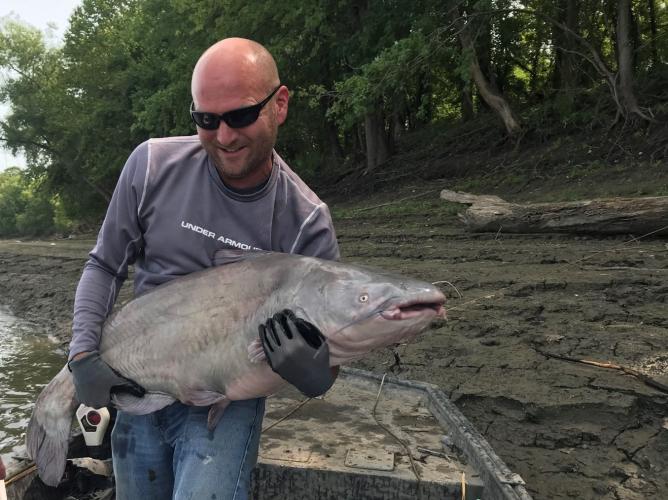
Xplor reconnects kids to nature and helps them find adventure in their own backyard. Free to residents of Missouri.


































Stay in Touch with MDC news, newsletters, events, and manage your subscription

Xplor reconnects kids to nature and helps them find adventure in their own backyard. Free to residents of Missouri.

A monthly publication about conservation in Missouri. Started in 1938, the printed magazine is free to residents of Missouri.


JEFFERSON CITY, Mo. – The Missouri Department of Conservation (MDC) announced in February that it does not recommend regulation changes to minimum length limits and daily limits for blue and flathead catfish in the Mississippi and Missouri rivers and a small portion of the St. Francis River. The decision follows research by MDC and results of public input.
MDC sought public input this past summer on potential regulation changes for recreational fishing of blue catfish and flathead catfish on the Mississippi and Missouri rivers. One potential change would have established a minimum length limit of 18, 21, or 24 inches for recreational fishing of blue catfish and flathead catfish on the Mississippi and Missouri rivers. Currently there is no minimum length limit. A second potential regulation change would have maintained the current recreational-fishing daily limit of five blue catfish per day on the Missouri River but establish that only one blue catfish over 30-inches in length may be kept as a part of that limit.
MDC also sought public comments this past summer on establishing a minimum length limit of 18, 21, or 24 inches for commercial fishing of blue catfish and flathead catfish on the Mississippi and St. Francis rivers. The current minimum length limit is 15-inches.
MDC received more than 400 public comments with strong support for keeping regulations as they are.
The public input followed several years of related research by MDC. MDC population assessment studies for blue and flathead catfish in the Mississippi and Missouri rivers found that populations of both fishes were generally healthy and the fisheries sustainable under current management. MDC studies confirmed that current management approaches continue to support healthy and sustainable blue catfish and flathead catfish populations in the Mississippi and Missouri rivers, and regulation changes do not appear to be necessary to maintain these populations or prevent overfishing.